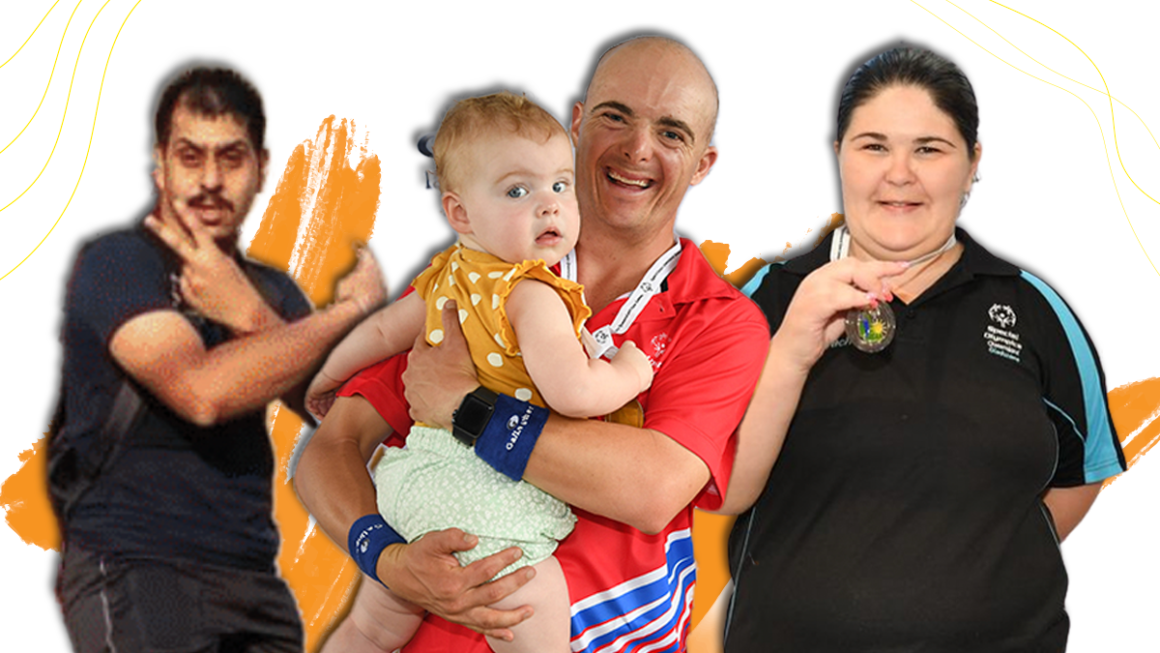There are as many as 200 million people with intellectual disabilities around the world. Living with disabilities of some kind may relegate people to the sidelines, often being denied equal opportunities for meaningful employment. A global study by Skillsoft found that while 89% of people want their organisation to be inclusive to those with intellectual disabilities, only 29% expressed no concerns about hiring someone with an intellectual disability. A 2020 Kantar survey also found that 60% of people surveyed across seven Asia Pacific countries perceived people with intellectual disabilities needing a lot of help in the workplace.
But people with intellectual disabilities are more than capable of being extraordinary entrepreneurs, innovators and community leaders. They exemplify the qualities employers seek in an ideal employee like resourcefulness and adaptability. Meet three Special Olympics athlete leaders who are meaningfully employed, and find out why every organization should hire people with intellectual and developmental disabilities:
Untapped Potential
Businesses that do not hire people with disabilities miss out on a vast untapped pool of talent. Workers with disabilities possess skills and experiences that can offer employers a competitive edge.
For example, Tim Gould is a Special Olympics Australia athlete who works as a full-time grounds and maintenance staff at Arethusa college while training for tennis five to six days a week. He is the Number One singles tennis player in the world with Down syndrome, having won numerous medals such as the Men’s Singles PWII2 2021 Brisbane Australian Tennis Championships and a gold medal in the 100-meter freestyle swim relay at the 2019 Special Olympics World Games in Abu Dhabi. Skills he picks up in the sports arena are lessons he brings to the workplace. He exemplifies valuable qualities from leadership and teamwork, to focus and discipline, and is testament to how valuable people with disabilities can be as employees.
Improve Company Morale and Culture
A company’s culture is imperative to hiring and retaining quality staff. When you hire someone with a disability, the company is also actively encouraging empathy, inclusivity, and diversity in their workplace. By committing to social responsibility, a company is demonstrating to their employees and customers their interest in broader social issues impacting the community and the people in it.
Sumant Kale is a 29-year-old athlete from Bhopal whose fitness regime is a way of life. He carries the same mental fortitude to his fitness as he does to his work. Having started vocational training in 2007 for 4 years at Divya Darshika Rehabilitation Centre, he was one of the first students who received employment at the centre’s tea packaging unit when it opened. To this day, he works happily alongside his friends at the centre, whose staff counts over 27 people with intellectual disabilities as part of their team.
Fostering a resilient workforce
People with disabilities are often creative and resilient. They are natural problem solvers, having to overcome multiple challenges in their lives. They also tend to bring a strong sense of loyalty and inclusive mindsets to the workplace.
Ruby Lawler is a Special Olympics Australia athlete who has made it her life’s goal to educate others on creating inclusive communities through sport. She has overcome health and physical challenges to compete as a swimmer, and that has paid off in a gold medal in the 400m freestyle and a Silver in the 1500m Open water Race at the Special Olympics National Games in Melbourne and Adelaide. The lessons she’s learnt as an athlete such as resilience and sportsmanship have armed her with the knowledge to be a leader. She now sits on the board of Special Olympics Gladstone and advocates for more inclusive communities in Australia and across the Asia Pacific.
How Can I Be More Inclusive?
Being inclusive means treating people with disabilities as equals, looking at their skill sets and what they can bring to the workplace without bias. Giving everyone an opportunity will show that people with disabilities are more than capable of advocating for themselves given all the right tools.
Dipak Natali, President and Managing Director of Special Olympics Asia Pacific, sums it up, “You do not hire someone because they have a disability, you hire someone because they can do the job, regardless of their disability.”
To learn more about how you can be an ally to people with disabilities at work, follow @soasiapacific and @humanraceasia.

